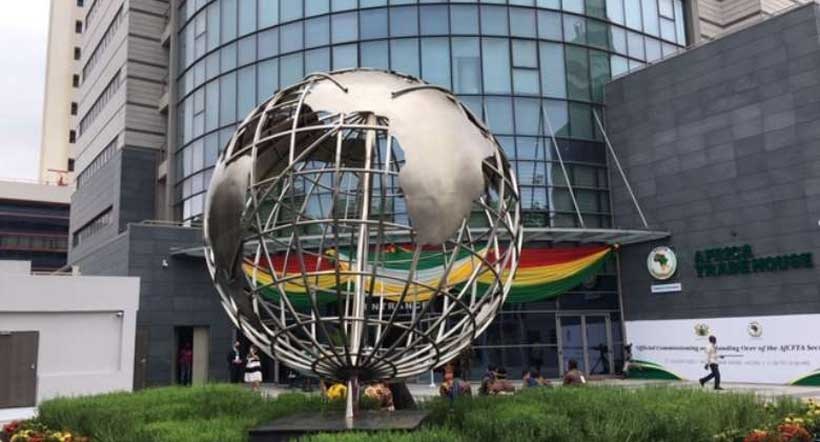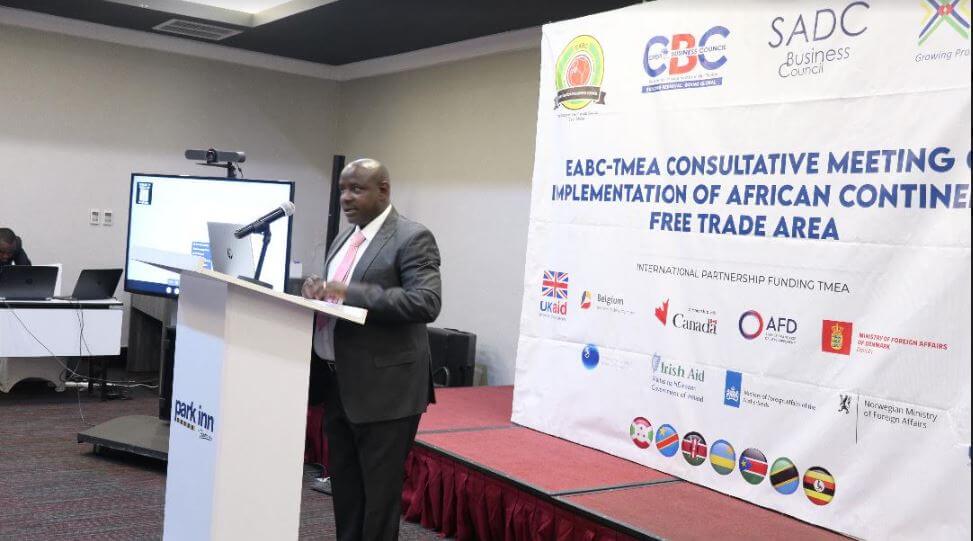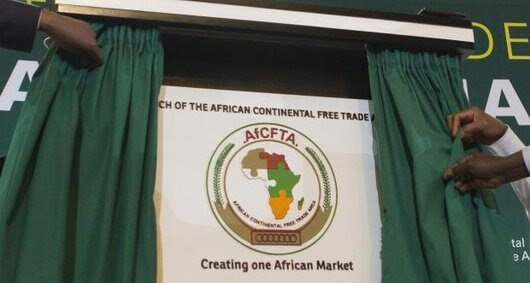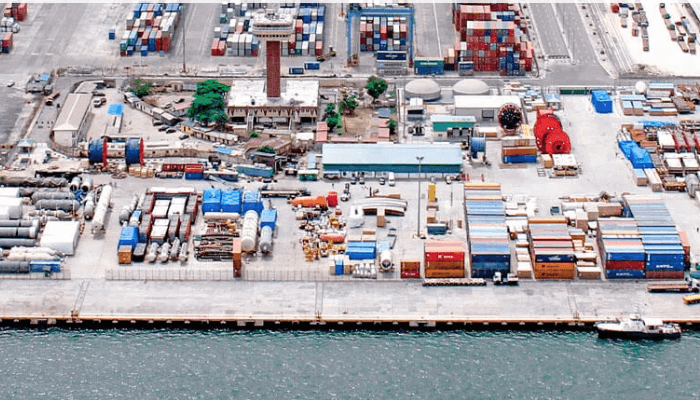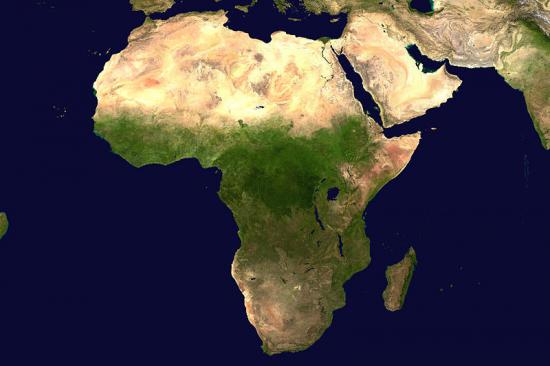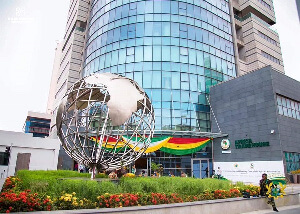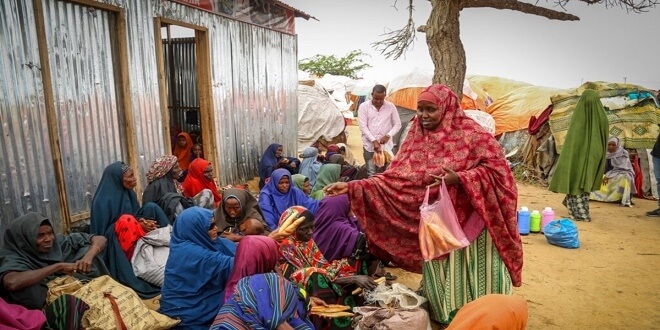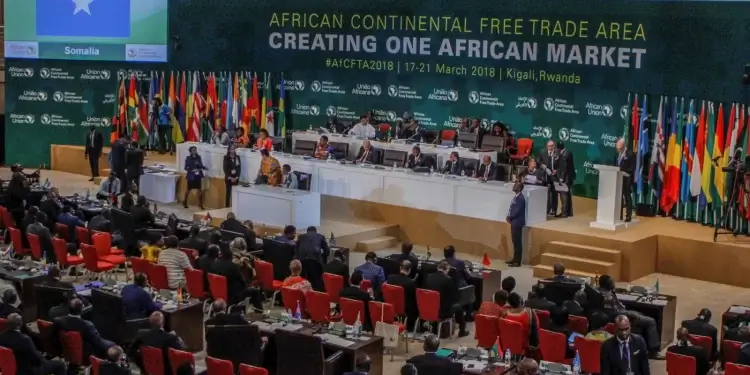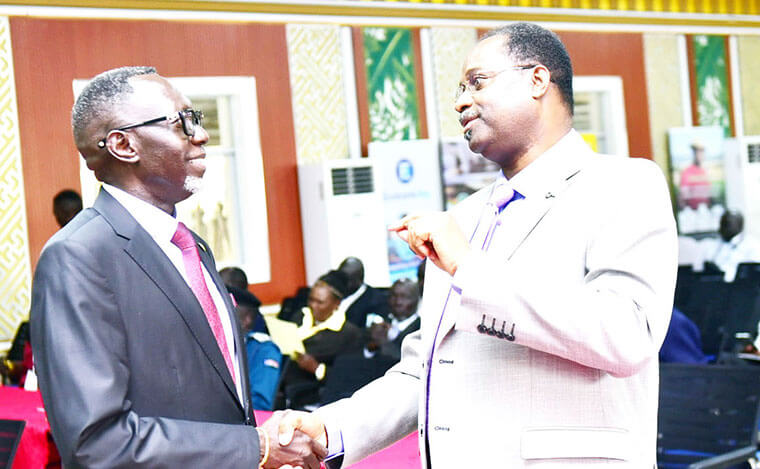In pursuit of accelerating large-scale trade and business development, a number of African countries have been chosen to begin exchanging goods and services under the the the new African Continental Free Trade Area (AfCFTA). The continental free trade is planned to operate within the framework of the African Union Agenda 2063. The AfCFTA makes trade between African countries easier by providing new export opportunities for African countries’ products and services to trade with each other without tariffs or other hindrances, and thus driving an improved access to the biggest market space and ultimately lead to sustainable economic growth. Now the continental trading is about to operate as a platform for creating and strengthening ties between business communities, it highlights the readiness of the business environment and its priority potential development for the Africa. Under the agreement with partners and shareholders, the African Continental Free Trade Area (AfCFTA) has chosen about eight African countries including Cameroon, Egypt, Ghana, Kenya, Mauritius, Rwanda, Tanzania and Tunisia that will soon start trading. The move is part of efforts to diversify and increase export among African countries through Export Trading Companies (ETCs) while achieving the continent’s industrialization drive and make it economically self-reliant. Herbert Krapa, Deputy Minister of Trade and Industry (MoTI), said at a seminar to sensitize African countries on the role of ETCs in easing intra-African trade under the AfCFTA in Accra, Ghana, that the Secretariat had launched the AfCFTA Initiative on Guided Trade to translate all the progress on paper into action...
Eight African countries to start trading under the African Continental Free Trade Area
Posted on: August 31, 2022
Posted on: August 31, 2022

